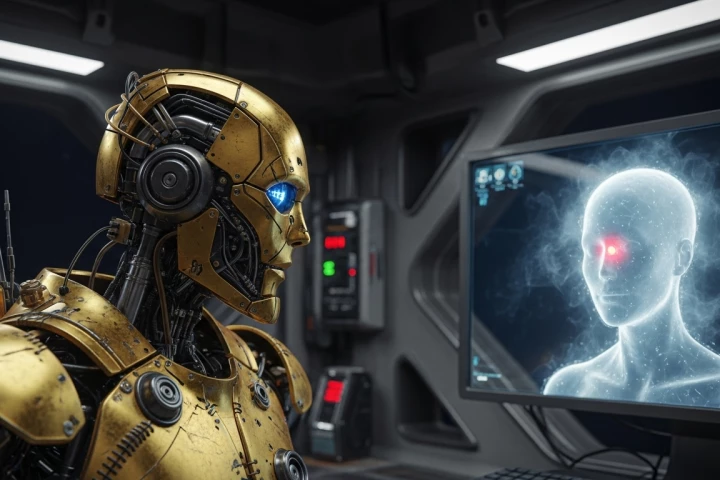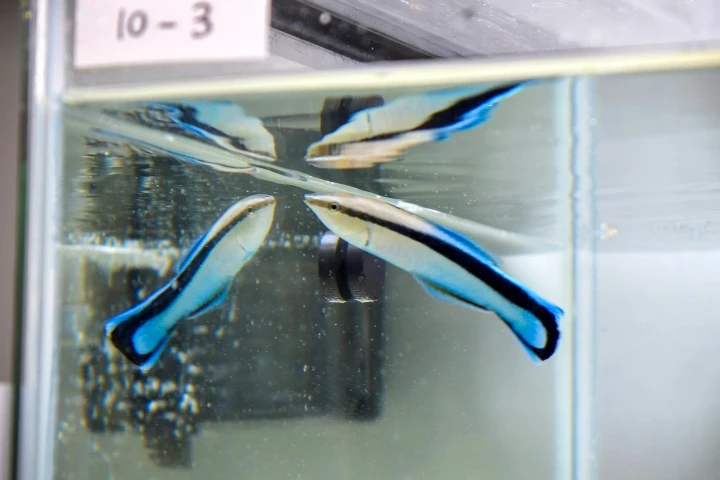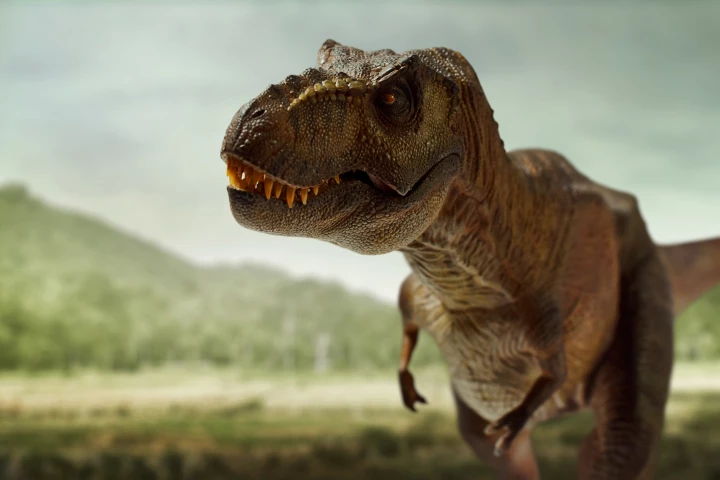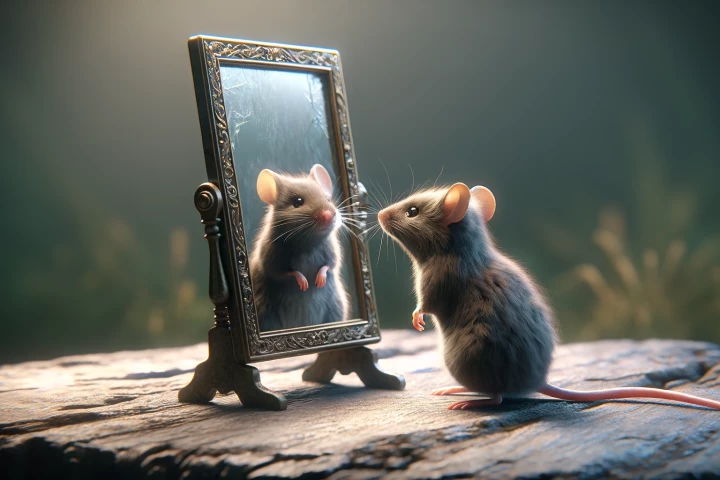Intelligence
-
Researchers have identified a fascinating behavior in killer whales: they sometimes offer to share their prey with humans. And while the orcas haven't gone on the record to confirm it, it's likely their way of building relationships with us.
-
Roboticists today are wrestling with the question of whether AI needs a body? If so, what kind? And then there’s the “how” of it all; if embodied intelligence is the way forward to true artificial general intelligence, could soft robots be the next step?
-
Last year, it was discovered the bluestreak cleaner wrasse could pass the "mirror test", showing that it can recognize its own face in a mirror. Now researchers have found it can actually size itself up against a potential competitor before a fight.
-
This may be about as wildly entertaining, disruptive and philosophically profound as legitimate scientific research gets. Michael Levin's work in cellular intelligence, bioelectrical communication and embodied minds "is going to overturn everything."
-
While we don't like to talk ill of the dead, new analysis has called into question the intelligence of the king of the dinosaurs. It upends last year's findings that likened the cognitive skills of the Tyrannosaurus rex to that of a primate.
-
In a feat only a few non-human animals have accomplished so far, a common dark-furred mouse has passed what’s known as the mirror self-recognition test. Backed by supporting genetic cues, this suggests mice can actually recognize themselves.
-
The myth that goldfish have only a three-second memory might sell short their mental capabilities. A new study shows some fish can recognize themselves in a photo, meaning they join a pretty exclusive club of animals known to have some self-awareness.
-
A compelling new study suggests there may be some cognitive benefits associated with playing video games. The research found children that regularly play video games performed better on some cognitive tests compared to non-gaming children.
-
Screen time is generally considered to be a negative influence on a child’s development but a new study makes a strikingly different case, presenting evidence that playing video games may actually boost a child’s intelligence.
-
A new study is challenging the common assumption that video conferencing is better than audio-only communication for collaborative group activities. The findings suggest video cues may in fact lower a group’s collective intelligence by disrupting interpersonal synchrony.
-
A new review has examined a dozen studies into the effect of Mozart’s music on epilepsy, finding the classical music may reduce the frequency of seizures. It rekindles an old pseudoscientific idea that listening to Mozart can make you smarter.
-
A new study has found a correlation between fluoride levels in a pregnant woman's urine, and the IQ of their offspring measured several years later.
Load More











